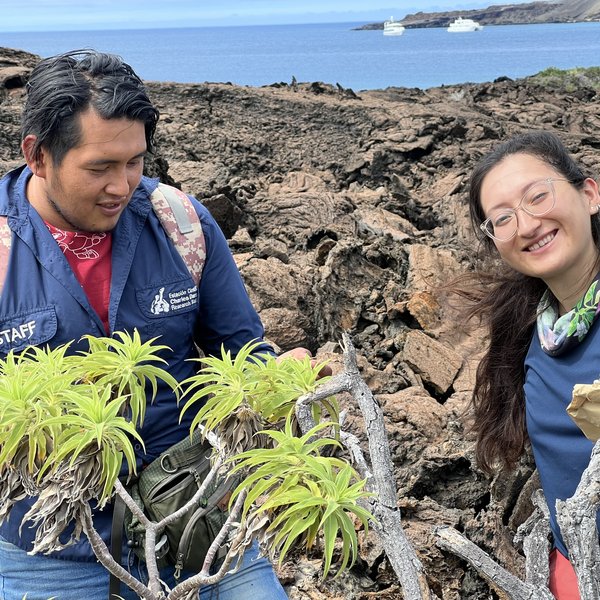Results
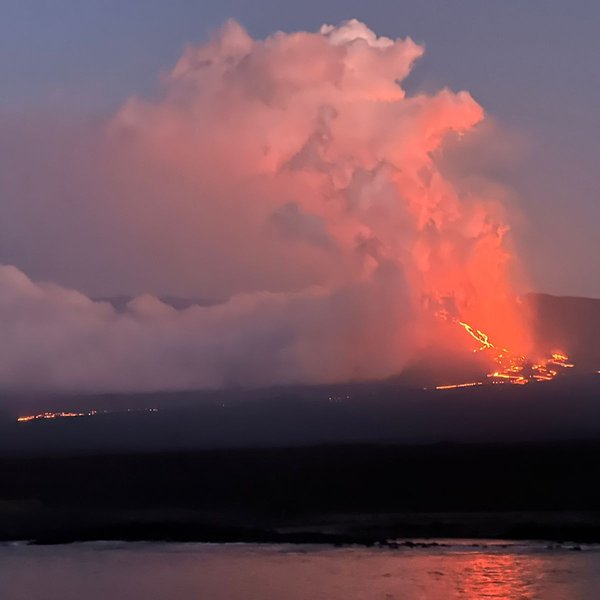
In an interview, renowned Galapagos volcanologist Dennis Geist tells us a bit more about the 2024 eruption and volcanic activity in Galapagos.
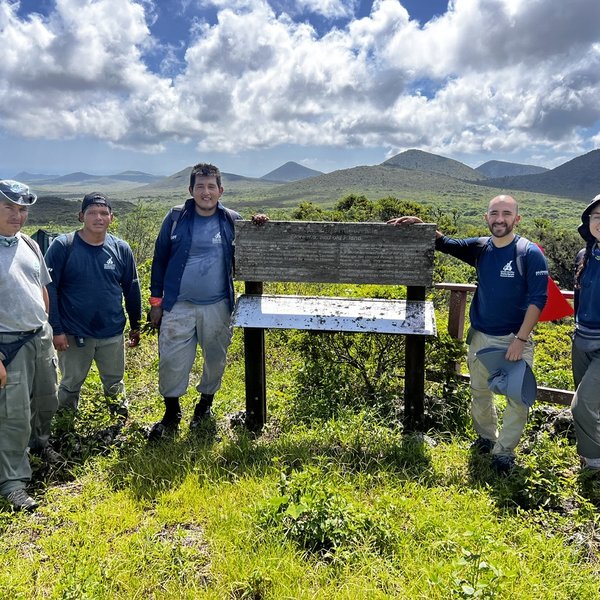
Find our the latest ecological restoration milestones of CDF's Galapagos Verde 2050 team in Floreana Island and how it is contributig to...
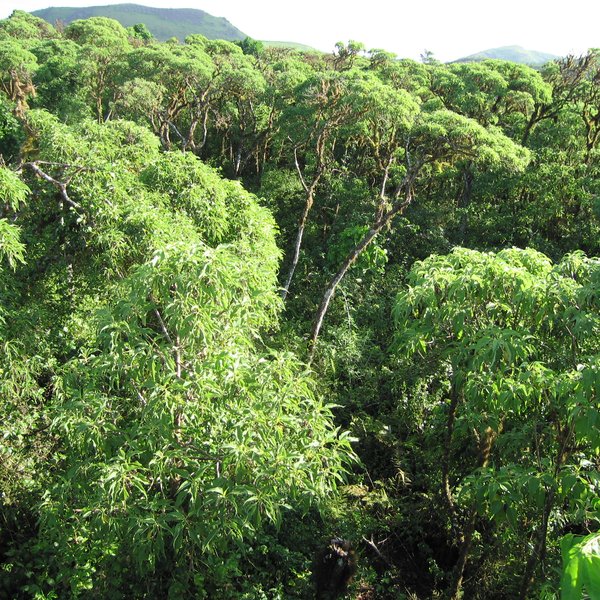
Study reveals urgent need for large scale invasive species management to prevent extinction of endemic forest in the Galapagos Islands
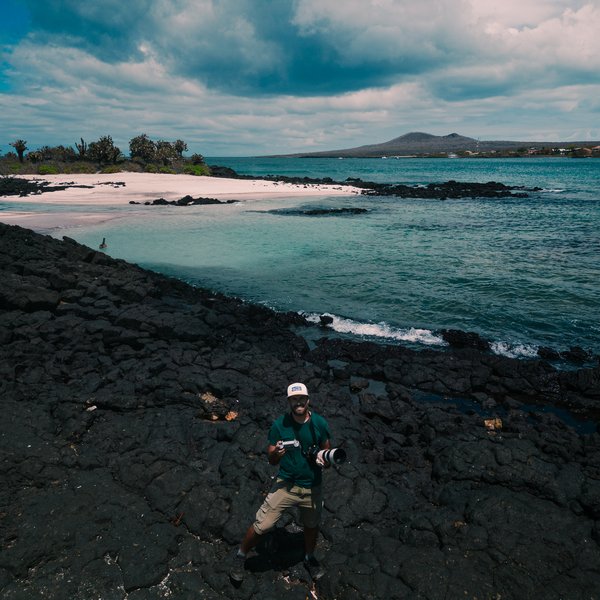
A Quito Photographer's Chronicles in the Enchanted Islands
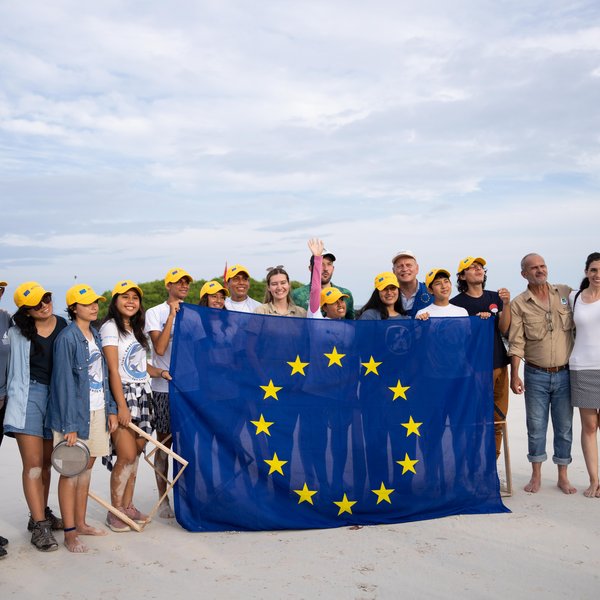
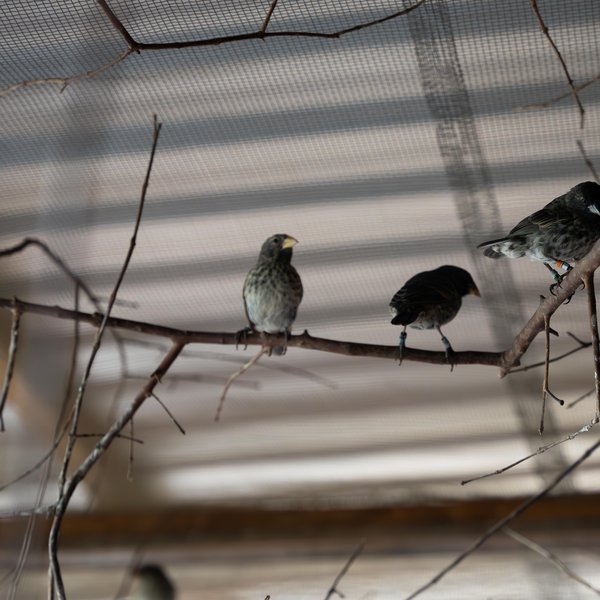
Behind the Floreana Finches "Flight Home": Q&A with biologist Professor Sonia Kleindorfer
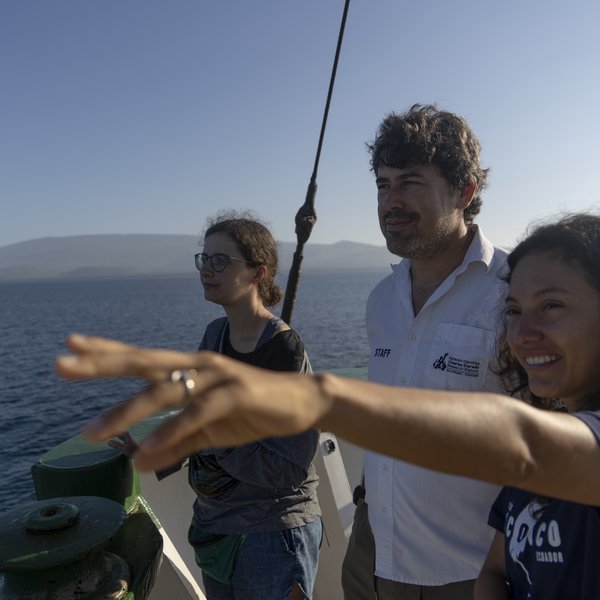
18 NGOs and civil society organisations have today published a statement calling for the governments of Ecuador, Costa Rica, Colombia and Panama to ratify the UN High Seas Treaty in order to accelerate the protection of the oceans.
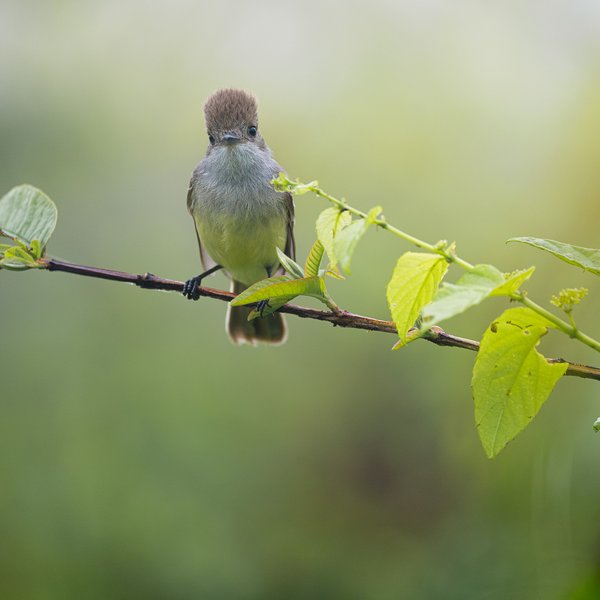
Gislayne Mendoza Alcívar, our lab technician was interviewed by our donor, Galapagos Conservation Trust, in which she shares her experience in studying the health of some of the islands' most endangered birds.
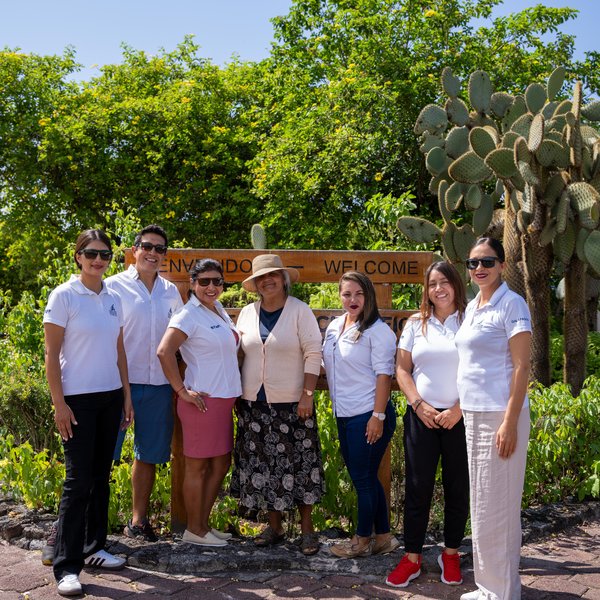
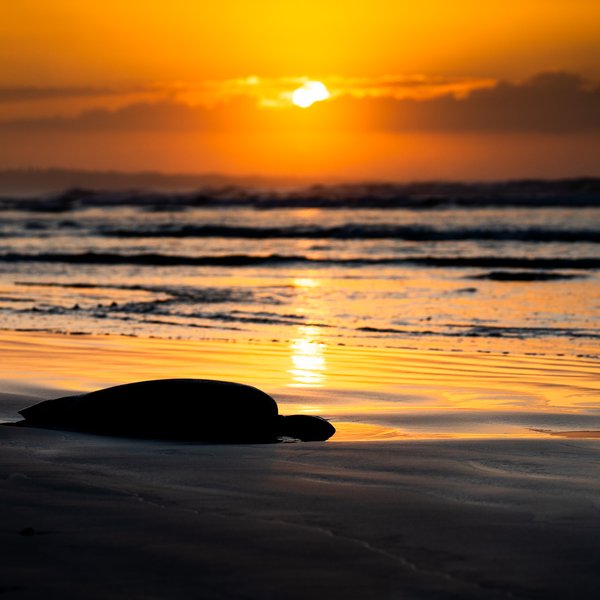
The Charles Darwin Foundation and Oceans Finance Company are delighted to announce a strategic partnership aimed at advancing crucial long-term conservation initiatives to enhance resilience to climate change in the archipelago and surrounding areas.

Silky shark's record-breaking migration of more than 27,000 km on the Tropical Eastern Pacific sheds light on urgent conservation need
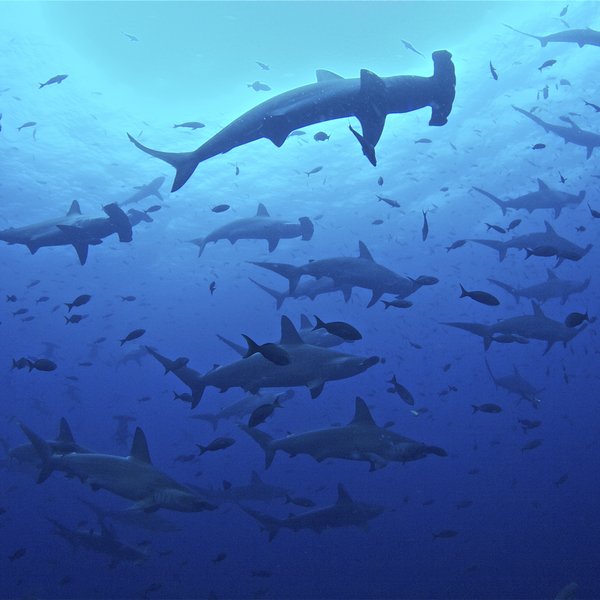
The Charles Darwin Foundation participates in regional information session on High Seas Treaty
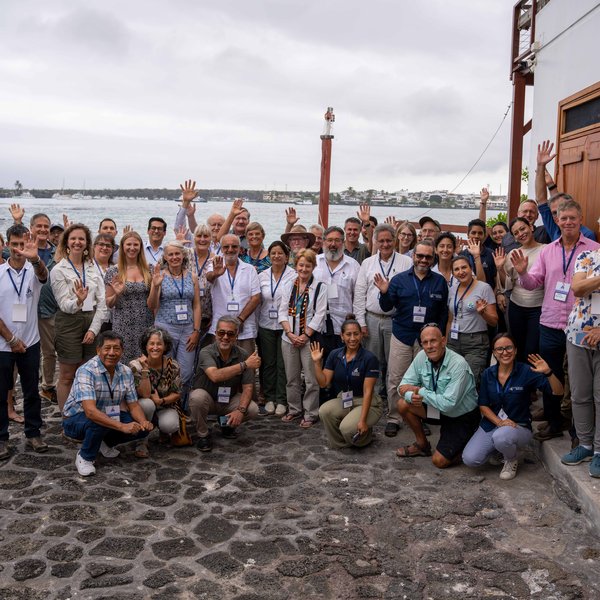

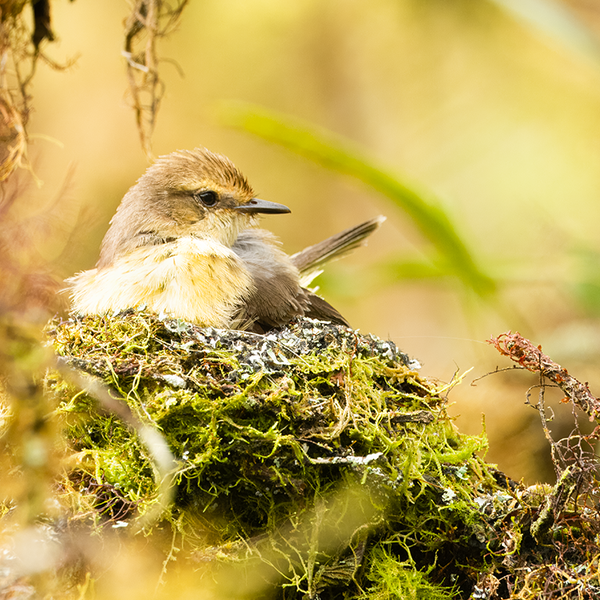
Record Year for Vermilion Flycatcher Season and Advances in the Recovery of the Mangrove Finch
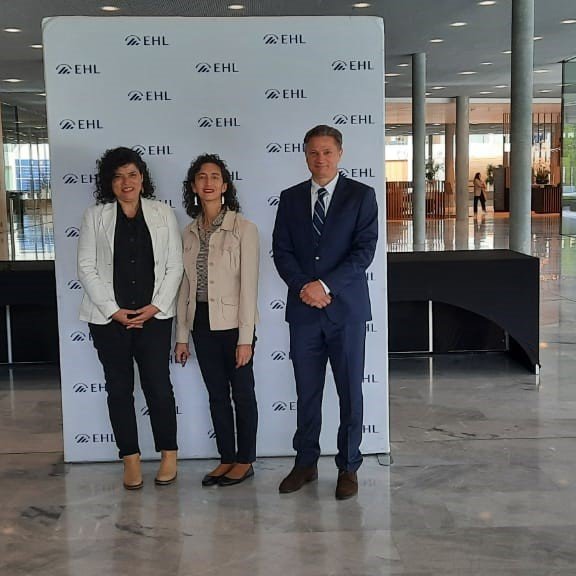
The Charles Darwin Foundation strengthens academic collaborations in Lausanne and Zurich, Switzerland
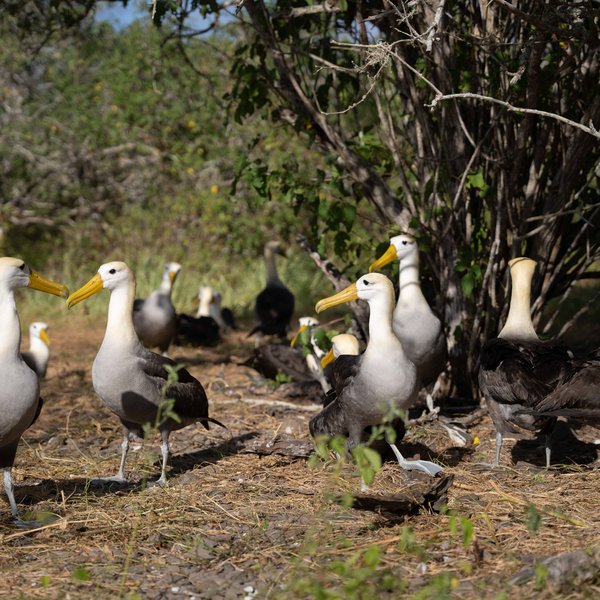
Lessons from the Field: A Five-Day Expedition with Galapagos Waved Albatross on Española Island
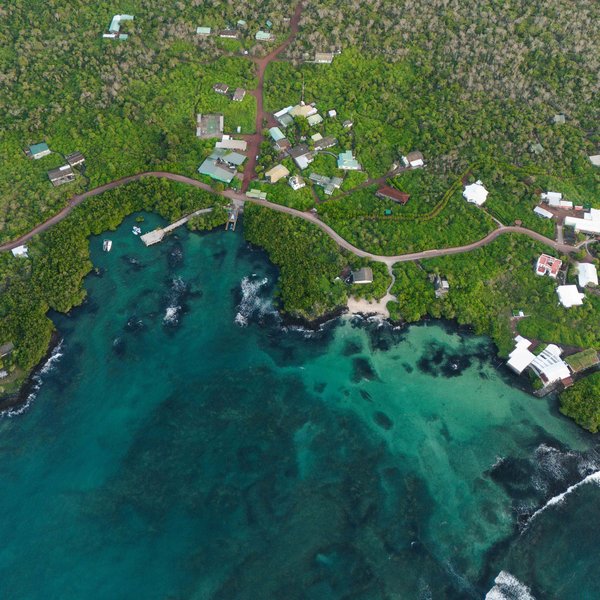
A special year deserves a special celebration. The Charles Darwin Foundation (CDF) opens its doors in collaboration with the Galapagos National Park (GNP), our strategic partner with whom we have worked hand in hand for 65 years.

Reviving the Past: Galvezia leucantha blooms again in northern Isabela





